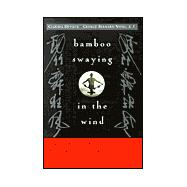In this intellectually challenging and personally inviting exploration, Haughey examines holiness from the perspective of the Hebrew Scripture of the Old Testament, the Israelites and their call, Jesus and his humanity, and St. Paul. He explains that while holiness is a gift that we have already been given, it is also a goal that we are striving toward.








